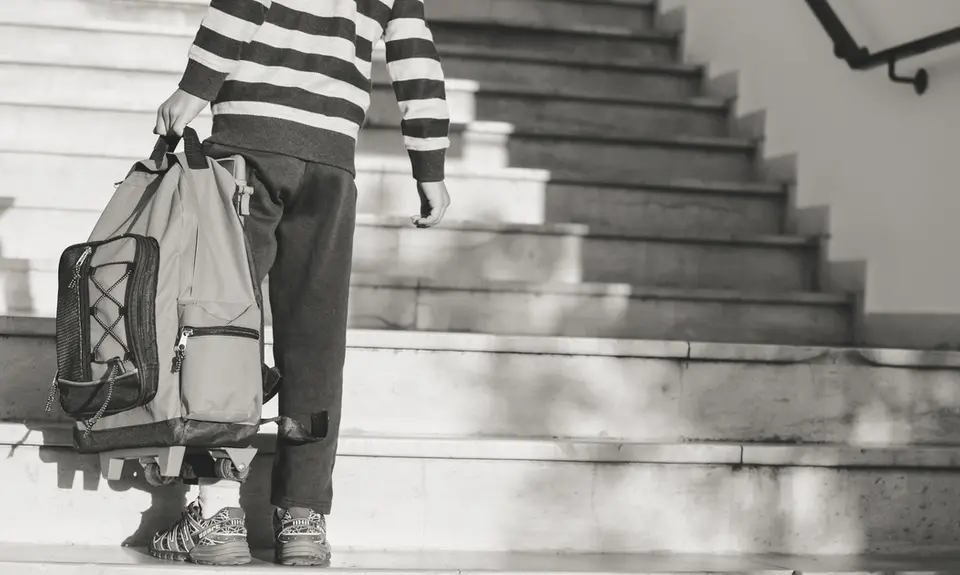The Supreme Court held oral arguments today in two cases concerning whether lay teachers at religious schools should be considered to be covered by the “ministerial exception” to federal civil rights laws. That exception, which is based on the First Amendment, provides that federal laws protecting against discrimination based on age, race, gender, disability and other grounds do not apply when a religious institution is hiring or dealing with its minister or other religious leaders. It has been applied to a teacher who performs clearly religious functions and has been designated as a commissioned minister within the structure of a church. But does it apply to virtually any teacher or employee of a religious school? Although it is difficult to predict the outcome based on today’s arguments, that question clearly divides the justices in these two cases.
Advocates for the religious schools, including the Becket Fund Vice President and Senior Counsel Eric Rassbach and Trump Assistant Solicitor General Morgan Ratner, argued that the exception should apply to anyone performing an “important religious function.” In response to questioning from Justice Elena Kagan and others, however, they had to admit that the result would be extremely broad. Rassbach asserted, for example, that nurses in religious hospitals, people who write press releases for churches, and church organists would be covered.
The five right-wing justices generally seemed receptive to that test, and Justice Clarence Thomas suggested that even teachers who teach chemistry could be covered if they lead prayer at the beginning of class. Justice Neil Gorsuch went even further and suggested that courts should not even make the judgment as to who is covered but should defer to churches and other religious institutions and grant the exception to any employee that the institution thinks should be included.
Questioning by moderate justices showed how damaging such interpretations could be. Justice Stephen Breyer pointed out that civil rights laws already contain provisions that allow religious schools to prefer teachers of their own faith or require them to be able to promote religion to the schools’ satisfaction, but that the Becket Fund here is asking for a constitutional exemption from all civil rights laws, going well beyond just ministers or actual faith leaders. Justice Sonia Sotomayor went on to explain that in addition to allowing the teachers in these cases to be fired because of disability and age, the Becket Fund argument would exempt them from family and medical leave and minimum wage laws.
Justice Ruth Bader Ginsburg called the breadth of the requested exemption “staggering,” noting that it would apply in this case to a teacher who was performing her religious functions well but just needed time off because of a medical problem, and that it could allow firing of a teacher who reported sexual harassment by a religious official. Stanford University law professor Jeff Fisher, who argued for the teachers, pointed out that such a result would clearly leave more than 300,000 lay teachers at religious schools with no civil rights protections, even apart from the possible effects on non-teacher employees.
Justice Sotomayor suggested that a better test may be attempting to limit the exception to those with a “primarily religious function,” and Prof. Fisher suggested that the Court should also consider factors like the titles and training of employees. Justice Sotomayor also noted that the Justice Department had switched sides in one of the cases, where it had argued in the court of appeals in favor of the teacher, but under Trump was now supporting the Becket Fund.
Many different results are possible in these two cases. The Court could issue a broad decision that could affect all employees of religious institutions, or it could limit its decision to the particular teachers and schools involved. It could even side with the teacher in one case and the school in another, as the ACLU suggested in a friend of the court brief. We likely will not know until this summer how the Court will rule. But it is clear that the justices are very divided, and their decision is likely to be extremely important both to civil rights and religious liberty.
